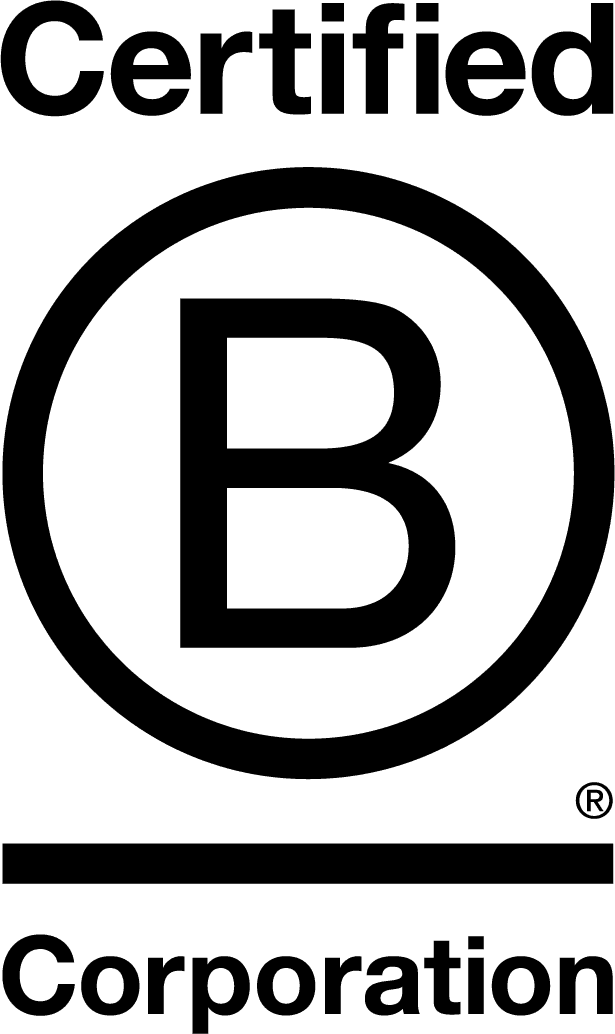

La Anónima (Tarjetas del Mar-LA Fintech)

Buenos Aires Province, Argentina
November 2022
Other credit - Emerging Markets
Service with Minor Environmental Footprint
Argentina
La Anónima es sinónimo de supermercadismo en la Patagonia y pequeñas y medianas ciudades de Argentina. La Anónima es el cuarto retailer en ventas a nivel nacional y la segunda de bandera argentina. Cuenta con 169 sucursales ubicados en 10 provincias y 89 localidades del territorio nacional, 11 Centros de Distribución, 1 Base de Transferencia, 3 Centros Concentradores de Frutas y Verduras, 1 Centro de Feteados, 1 Centro de Panificados, 2 Frigoríficos, 1 Canal de E-Commerce, 1 Fintech y más de 12.000 colaboradores. El propósito de La Anónima es “Acercar un futuro mejor a sus clientes y comunidades” y se traduce día a día en la toma de decisiones de negocio con una perspectiva de Triple impacto basada en la ética, la integridad y la transparencia. Esta filosofía se transmite desde los más altos niveles de la organización, y se refleja en la conducta y acciones de todos los que forman parte de La Anónima. Para conocer más acerca de su gestión, los invitamos a conocer sus Reportes de Sustentabilidad: https://www.laanonima.com.ar/triple-impacto/reporte-de-sustentabilidad y sitio web exclusivo de triple impacto: https://www.laanonima.com.ar/triple-impacto/
Overall B Impact Score
Governance 20.6
Governance evaluates a company's overall mission, engagement around its social/environmental impact, ethics, and transparency. This section also evaluates the ability of a company to protect their mission and formally consider stakeholders in decision making through their corporate structure (e.g. benefit corporation) or corporate governing documents.
What is this? A company with an Impact Business Model is intentionally designed to create a specific positive outcome for one of its stakeholders - such as workers, community, environment, or customers.
Workers 32.8
Workers evaluates a company’s contributions to its employees’ financial security, health & safety, wellness, career development, and engagement & satisfaction. In addition, this section recognizes business models designed to benefit workers, such as companies that are at least 40% owned by non-executive employees and those that have workforce development programs to support individuals with barriers to employment.
Community 21.2
Community evaluates a company’s engagement with and impact on the communities in which it operates, hires from, and sources from. Topics include diversity, equity & inclusion, economic impact, civic engagement, charitable giving, and supply chain management. In addition, this section recognizes business models that are designed to address specific community-oriented problems, such as poverty alleviation through fair trade sourcing or distribution via microenterprises, producer cooperative models, locally focused economic development, and formal charitable giving commitments.
Environment 12.1
Environment evaluates a company’s overall environmental management practices as well as its impact on the air, climate, water, land, and biodiversity. This includes the direct impact of a company’s operations and, when applicable its supply chain and distribution channels. This section also recognizes companies with environmentally innovative production processes and those that sell products or services that have a positive environmental impact. Some examples might include products and services that create renewable energy, reduce consumption or waste, conserve land or wildlife, provide less toxic alternatives to the market, or educate people about environmental problems.
What is this? A company with an Impact Business Model is intentionally designed to create a specific positive outcome for one of its stakeholders - such as workers, community, environment, or customers.
Customers 13.2
Customers evaluates a company’s stewardship of its customers through the quality of its products and services, ethical marketing, data privacy and security, and feedback channels. In addition, this section recognizes products or services that are designed to address a particular social problem for or through its customers, such as health or educational products, arts & media products, serving underserved customers/clients, and services that improve the social impact of other businesses or organizations.
What is this? A company with an Impact Business Model is intentionally designed to create a specific positive outcome for one of its stakeholders - such as workers, community, environment, or customers.